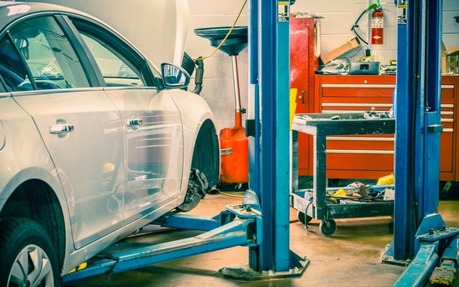7 Things to Know About Vehicle Repairs Following an Accident
This advertorial is brought to you by Groupement des assureurs automobiles(GAA)
Unfortunately, you had an accident with your vehicle. Following that unfortunate event, you need to think about repairs, after contacting your insurer to open a claims file.
- Also: Auto Insurance: Advice For Buying Insurance And Avoiding Hassles
- Also: Replacement cost or replacement insurance: which to choose?
1. First, have the damage appraised. An automobile damage appraiser, whether or not employed by your insurer, will assess the costs based on current repair techniques.
2. The damage appraisal will allow your insurer to determine whether the vehicle can be repaired or is declared a total loss. In both cases, your insurer will settle the claim based on the coverage chosen under your auto insurance policy.
3. Generally, a vehicle is declared a total loss when repair costs exceed the vehicle’s value. Your insurer’s decision is based on various factors: repair costs, vehicle’s age, general condition and market value. A flood-damaged vehicle will, in most cases, be declared a total loss.
4. A vehicle declared a total loss is considered “unrebuildable” or “severely damaged.” An unrebuildable vehicle means it can never be driven again. Severely damaged vehicles can be repaired, but must be rebuilt and inspected by the SAAQ before they can be driven again.
5. If your vehicle can be repaired, recycled manufacturer parts will be used as provided for under the insurance policy. However, windshields are always replaced with a new part.
If you want your vehicle to be repaired using original equipment manufacturer (OEM) parts, you must have purchased the “Replacement Cost” endorsement (known as Q.E.F. No. 43 – Change to indemnity – Option 43A – Partial loss – new parts) or “Replacement Insurance” (Q.P.F. No 5). Under these two options, if the damaged parts cannot be repaired, they will be replaced with new OEM parts.
6. You can choose where to have your vehicle repaired. However, you must make sure the body shop you choose is competent and that the work is done as per the specifications agreed on with your insurer. Your insurer can also recommend a body shop.
7. Your insurer must compensate you within 60 days of receipt of your claims form or, if requested, information and supporting vouchers.
Find out more about claims settlement at Groupement des assureurs automobiles.
